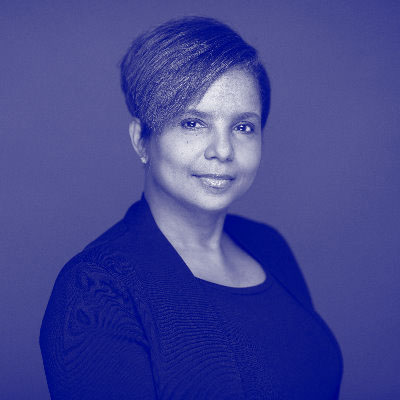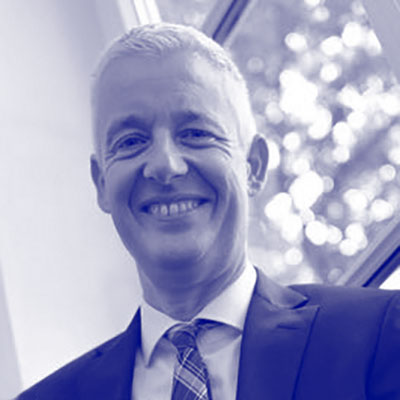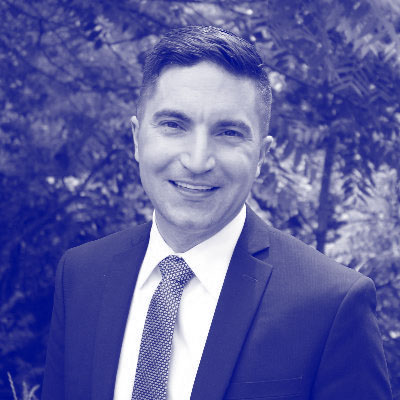A PWB Webinar in partnership with the
Labour Foreign Policy Group
3 June 2021
Prof Sheila Foster, University of Georgetown.
Landrat Matthias Groote, Landkreis Leer, SPD MEP 2005-2016.
Rep Jack Lewis, Commonwealth of Massachusetts, 7th District
Christine Revault d’Allonnes Bonnefoy,
Senior Advisor to the Mayor of Marseille, PS MEP 2014-19
Councillor Huw Thomas, Leader of Cardiff City Council.
Rebuilding the United Kingdom’s links with our European neighbours is not simply a task for the Foreign Office. Post 1945 the development of understanding between the UK and its neighbours grew around local initiatives such as town twinning and business partnerships aided by local chambers. In the United States the reaction to Donald Trump’s abandonment of the Paris Climate Agreement involved a number of leading US cities and states picking up the torch, committing themselves to climate action and delivering the Agreement’s goals. Can a similar approach to issues crossing borders such as biodiversity, data ownership, automation and migration help foster locally driven internationalism?
The retreat of the Conservatives into nativist English nationalism leaves Labour-led cities to pick up the challenges of promoting European co-operation and common social goals. Meanwhile the European Union faces the complex challenge of delivering cross-Union goals and attempting to become closer to its citizenry. The role of European Union bodies such as the Committee of the Regions and bodies within and beyond the European Union such as the Council of European Municipalities and Regions and Eurocities can offer the means for UK engagement in the development and implementation of policy, co-operation around best-practice and the practical promotion of values and multilateral action which reaches directly into communities. However, the conundrum remains: cities become more liberal, integrated and affluent, while small towns and rural areas lack critical mass and infrastructure, continue to lose employment and young people, become more conservative and insular. The conundrum is far from solely a UK phenomenon: it is present in the slide toward authoritarian regimes in eastern European states and manifested in US voting patterns. UK local government, beyond the largest cities, struggles to justify spending beyond statutory services in the context of dramatic funding reductions since 2010 and an ongoing squeeze on finance over 30 years. How practical are the existing networks and how do they need to change? What lessons has the Covid world taught us for ensuring that cross-border dialogue is more than an occasional trip? How do the UK’s asymmetric governance structures relate to those in other nation states? What is the role of global networks? How does dialogue reach beyond the major cities – could effectively funded global networks contribute or provide a platform? How successful has environmental co-operation been at city-regional level and what are the lessons for other global transformational challenges? What is the localist progressive agenda around the UNSDGs? Is it time for CoR to take a more formal role in the development of EU policy, and what would this mean for the UK?
These and other questions were explored by our panel – watch their contributions below. They are, in order of appearance:
Professor Sheila R. Foster – a recognised authority on the role of cities and city leadership in promoting social, environmental and equalities agendas, Sheila Foster is Professor of Urban Law and Policy at Georgetown University.
As Co-Director of LabGov, Professor Foster oversees the project’s award-winning approach to economic development, that enables local communities to become co-creators and stewards of urban revitalisation in their neighbourhoods.
She is a member of the New York City Panel on Climate Change and served from 2017-2020 as Chair of the advisory committee for the Global Parliament of Mayors. In addition to Georgetown Sheila has taught as Universities across the USA, Europe in Ghana and at Imperial College, London. Her publications include “From the Ground Up”: Environmental Racism and the Rise of the Environmental Justice Movement (NYU Press, with Luke Cole).
Councillor Huw Thomas, is Leader of Cardiff City Council, part of the UK Core Cities Group. He is the Welsh Local Government Association Spokesperson for Culture, Tourism & Major Events and the Core Cities UK Cabinet Member with responsibility for Culture.
Huw has worked in a number of industries including IT, Transport, and most recently International Development, where he was the Head of Christian Aid Wales. He studied Music at Oxford University and is a fluent Welsh speaker.
Matthias Groote is one of Europe’s leading local government politicians with a specialist knowledge of international action on climate change. He was elected Landrat of Landkreis Leer in 2016. The position is directly elected by the citizens – in the UK’s somewhat uneven system, the equivalent is the Executive City/Borough Mayor. Landrat Groote is therefore the District Administrator, heading the paid service of the area, providing the political leadership and representative function of the municipality.
Prior to his election as Landrat, Matthias served from 2005 to 2016 as a German SPD MEP and Chair of the Committee on Environment, Public Health and Food Safety (ENVI) for which he also served as S&D Group Co-ordinator. In these roles Matthias participated in the UN Climate Change Conferences of 2007, 2008, 2013 and 2015.
By profession Matthias Groote is an industrial engineer. He started his career with Deutsche Bahn.
Christine Revault d’Allonnes Bonnefoy, is Senior Advisor to the Mayor of Marseille. Having become an MEP at the end of the 7th legislature in April 2014, Having been re-elected the Île-de-France, Christine became leader of the Parti socialiste delegation in 2017 and served on the Transport & Tourism (TRAN) and Civil Liberties (LIBE) committees. She was S&D rapporteur on the committee of inquiry set up after the ‘Dieselgate’ emissions scandal. In France Christine was municipal councillor and deputy mayor of Villejuif and a regional councillor for Île-de-France. She served in the campaign teams of Lionel Jospin and President François Hollande.
Rep Jack Lewis – became a Massachusetts legislator in 2017 representing the Seventh District, Ashland and parts of Framingham in the outer Boston Metro region. Having won a close fought Democrat primary, Mr Lewis was elected with 62% of the vote and a lead of nearly 30 points over his Republican opponent.
Jack Lewis serves on joint Massachusetts committees on children, families and persons with disabilities; environment, natural resources and agriculture; public health, and public service. Prior to entering the State House, Rep Lewis was a community leader and helped create OUT MetroWest, an award-winning initiative serving at-risk LGBTQ+ young people by providing supportive services. He studies political science at the University of Utah and divinity at Eden Theological Seminary.





